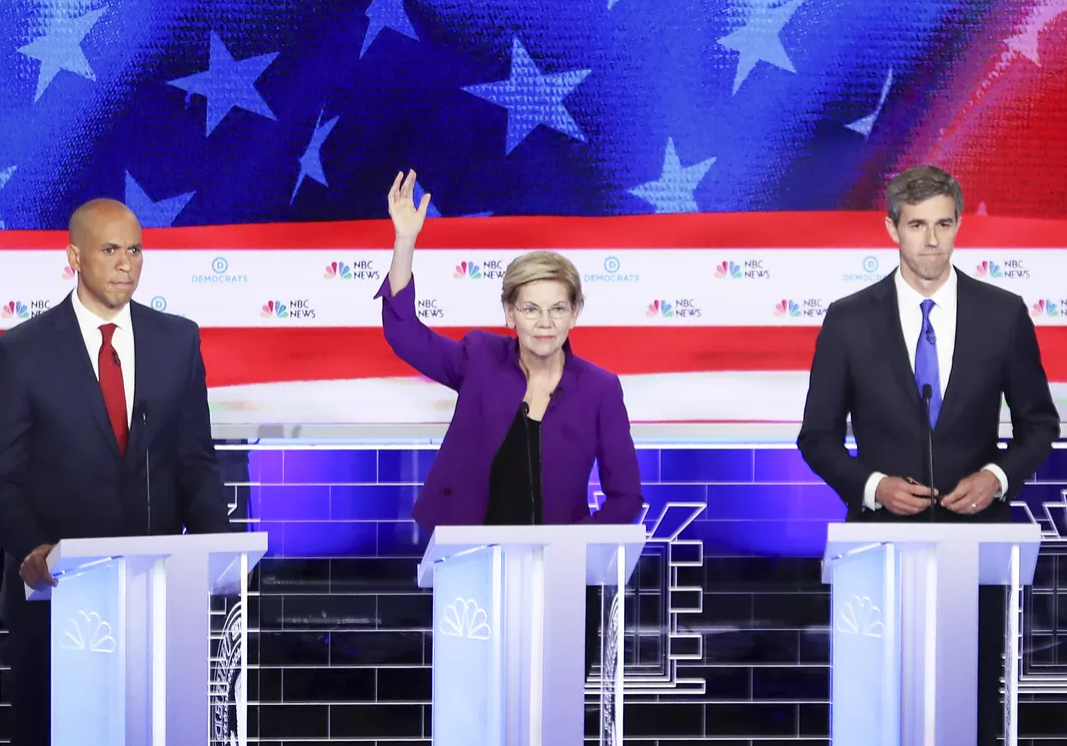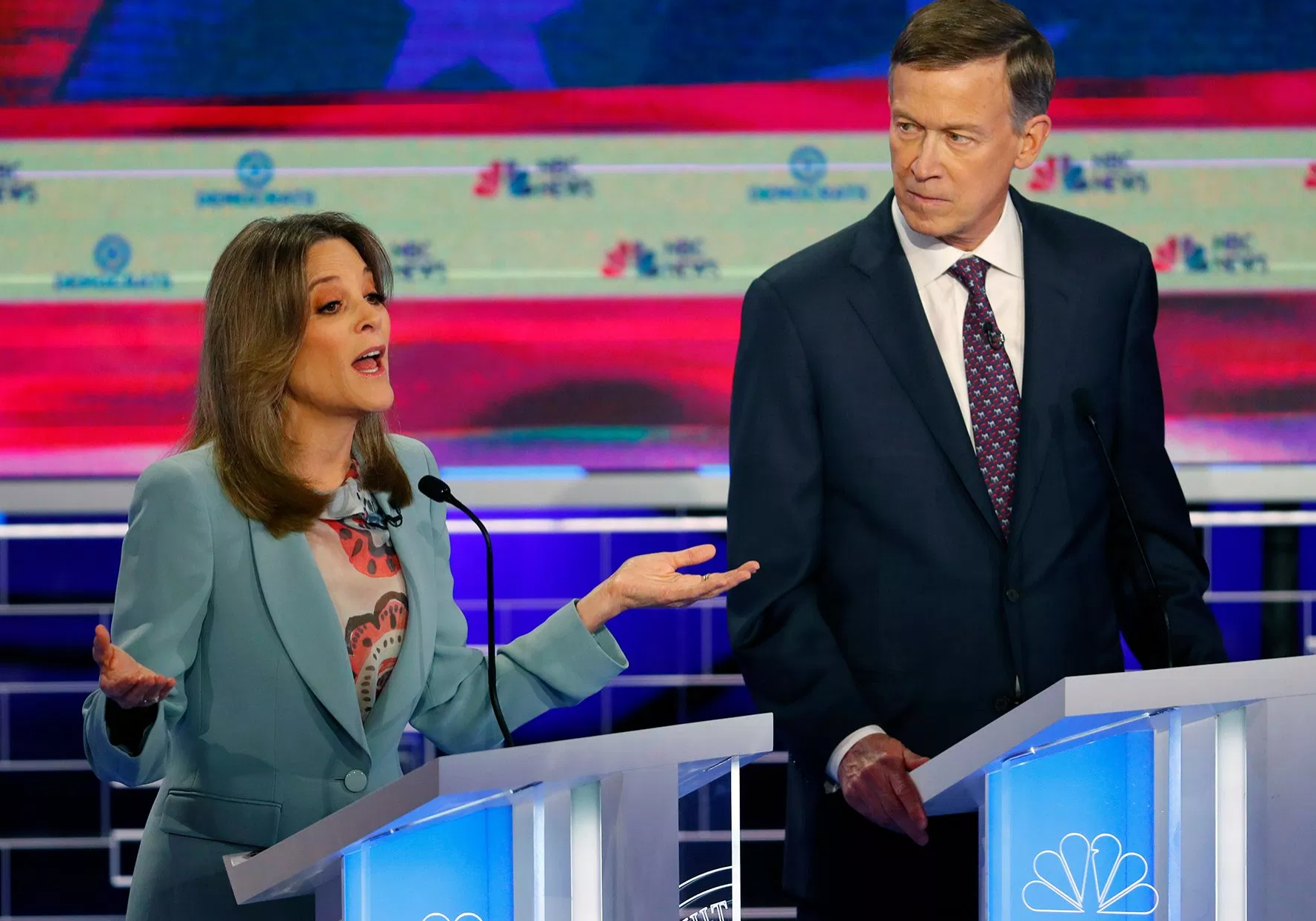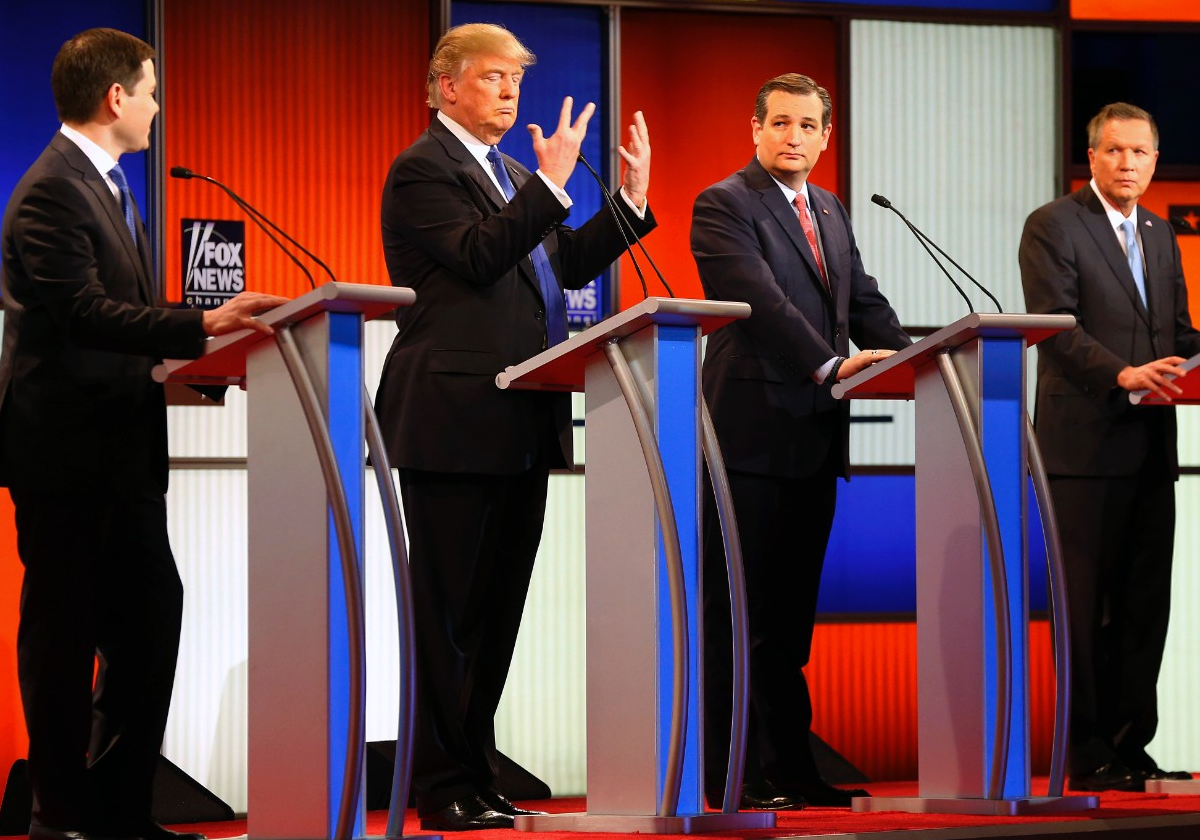The Curious Case of Candidate Sanders
To learn more about Epsilon Theory and be notified when we release new content sign up here. You’ll receive an email every week and your information will never be shared with anyone else.
Continue the discussion at the Epsilon Theory Forum
The Latest From Epsilon Theory
This commentary is being provided to you as general information only and should not be taken as investment advice. The opinions expressed in these materials represent the personal views of the author(s). It is not investment research or a research recommendation, as it does not constitute substantive research or analysis. Any action that you take as a result of information contained in this document is ultimately your responsibility. Epsilon Theory will not accept liability for any loss or damage, including without limitation to any loss of profit, which may arise directly or indirectly from use of or reliance on such information. Consult your investment advisor before making any investment decisions. It must be noted, that no one can accurately predict the future of the market with certainty or guarantee future investment performance. Past performance is not a guarantee of future results.
Statements in this communication are forward-looking statements. The forward-looking statements and other views expressed herein are as of the date of this publication. Actual future results or occurrences may differ significantly from those anticipated in any forward-looking statements, and there is no guarantee that any predictions will come to pass. The views expressed herein are subject to change at any time, due to numerous market and other factors. Epsilon Theory disclaims any obligation to update publicly or revise any forward-looking statements or views expressed herein. This information is neither an offer to sell nor a solicitation of any offer to buy any securities. This commentary has been prepared without regard to the individual financial circumstances and objectives of persons who receive it. Epsilon Theory recommends that investors independently evaluate particular investments and strategies, and encourages investors to seek the advice of a financial advisor. The appropriateness of a particular investment or strategy will depend on an investor’s individual circumstances and objectives.









Is it possible to incorporate node weight by view-count into the quid visualizations? It would be interesting to see how the weighting shifts based on cohesion etc.
Also, I’m still not sure I understand the ‘Attention’ dimension. In here you explain it first as:
“external similarity of language of one topic within another topic. Think: how similar is the language used to write about sign-stealing to language used in all coverage of the Houston Astros?”
…and later as:
“the linguistic relationship of [Sanders’] coverage to broader election narratives”
As far as I can tell you use ‘attention’ to refer to the cohesion of how off-topic articles refer to the topic in question. Is that correct? If so, it seems like ‘attention’ is a bit of a misnomer; instead of ‘cohesion’ and ‘attention’ I’ll probably substitute ‘internal cohesion’ and ‘external cohesion’ or somesuch. I still expect I don’t understand the ‘attention’ metric though.
We can size and weight by similar dimensions, but we’ve found that with this many nodes it is almost indiscernible in the visualization. We intentionally do NOT source-weight in most of our quantitative analyses because we think social shares are a different dimension (and we do not have access to site-specific view counts in most cases). We think it’s usually more sensible to simply apply a gate to the sources included (i.e. above a particular threshold of influence or circulation) in any analysis, which is our typical practice.
On attention, I don’t think it’s quiiiite right to think about it as on-topic vs. off-topic. Not always, anyway. Various topics within any area are nearly always mutually composed of ideas and language that are shared with related topics.
Let’s call the root topic Topic A and the related topic Topic B. Sometimes Topic B is a child topic of Topic A in an explicit or implicit hierarchical relationship. If Topic B | Topic A is an attention measure for the Topic B nodes which exist within Topic A, then you can imagine networks like Astros | Baseball, or Sign-Stealing Scandal | Astros as Child | Parent attention relationships. Sanders | Election is this kind of an attention calculation.
Sometimes the linguistic relationship we are trying to identify is adjacent. Central Bank Easing | High Beta Stocks. Inequality | Sanders. That sort of thing.
I don’t think you’re wrong to think of it as internal cohesion and external cohesion - that IS kind of what we are getting at, but it is important to remember that a given Topic B could have an infinite number of “external cohesion” measures depending on the Topic B we thought to describe its relationship with. More importantly, what we are describing is a qualitative relationship in the language BETWEEN two ideas, topics or categories, not within.
We’re open to adopting other names for the concept (which we’ve found to be our most powerful from a predictive perspective). We’ve gotten “harmony” from one long-time supporter, which I think is OK. Maybe we’ll open it up to the pack as a question.
It sounds like one could say that Sanders has experience and increase in “bad press” in December & January?
These last two months his campaign has been performing better in the polls, moving from second to close second and finally into first place in Iowa (https://www.realclearpolitics.com/epolls/2020/president/ia/iowa_democratic_presidential_caucus-6731.html) while generally doing better at the national level as well (https://www.realclearpolitics.com/epolls/2020/president/us/2020_democratic_presidential_nomination-6730.html).
Could this turn in attention be in response to Sander’s performance in the polls?
Yes, it could. And yes, that is my opinion. But that causal link isn’t present in the data - it’s just my opinion.
OK that helps, thanks